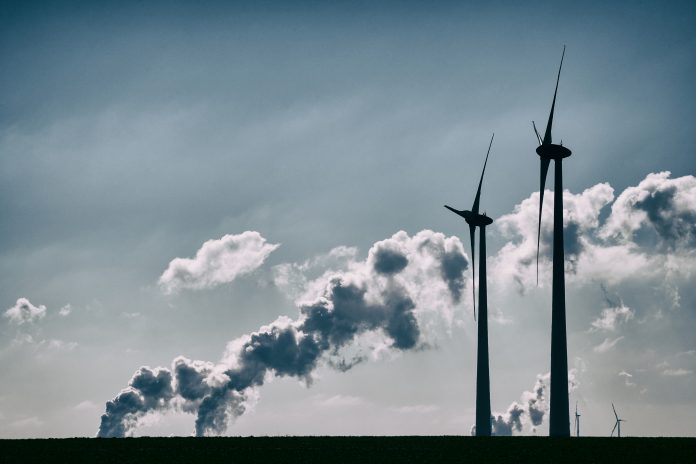Waste carbon dioxide has been successfully transformed into a potential prototype for chemicals and carbon-free fuel
The research introduces a new method for converting CO2 into formic acid, a colourless and pungent liquid with vast potential across various industries.
Dr Ziyun Wang’s researchers in the School of Chemical Sciences collaborated with collaboration with researchers at Chinese institutions to conduct this study.
Unlike previous attempts, this transformation was made possible using a catalyst derived from waste lead-acid batteries, marking a significant advancement in the field.
Formic acid acting as transportation carbon-free fuel
Formic acid, known for its production by ants (Formica being the Latin word for ant), holds promise as a transportation fuel, a means for storing electrical energy, and a tool for reducing CO2 emissions in the petrochemical industry.
With global carbon dioxide emissions rising annually, innovative solutions for carbon capture, storage, and repurposing are more pressing than ever.
Dr. Wang’s research group stands at the forefront of CO2 electrochemical reduction (CO2RR), focusing on acidic conditions rather than alkaline ones.
Converting CO2 into formic acid
The experiments conducted by the team demonstrated the efficient conversion of CO2 into formic acid for over 5,000 hours. Furthermore, their calculations suggest that this method can be scaled up cost-effectively for industrial applications.
Central to the process is using a proton exchange membrane electrolyser, wherein carbon dioxide is introduced into an electrochemical cell and converted into formic acid, similar to charging a battery.
C02 is a valuable resource
The success of this project is due to the team’s dedication, including two PhD students, Chengyi Zhang and Ruihu Lu, and research fellow Dr. Yu Mao. Their collaborative efforts have pushed the possibility of utilising waste CO2 as a valuable resource.
With the global imperative to address climate change becoming increasingly critical, research breakthroughs like these offer hope for a sustainable future. The University of Auckland’s work in this field with carbon-free fuel marks a significant step towards achieving carbon neutrality and mitigating the impacts of greenhouse gas emissions.











